On top of our usual classes ( fundamental classes, à la carte classes and atelier crossover), the big new feature of the 2024 edition is the performance track.
Classes start on Thursday 25th of July in the afternoon and end on Sunday noon, but we advise you to organize your stay from Wednesday 24rd to Monday 29th of July, to enjoy the Wednesday evening concert at the Bambouseraie, the New Orleans parade and the artisan market on Thursday morning, and the concert-dance on Sunday evening.
Participation in Anduze Jazz Dance Camp includes, as always, the full pass to Jazzoparc concerts.
The fundamental courses reflect the vision of Anduze Jazz Dance Camp.
For these courses, and only for these courses, participants will be grouped according to similar backgrounds and according to their thirst for challenge and will attend the fundamental classes together.
All attendants will have one hour and a half lesson with each of our three main teachers.
This fondamental class doesn't need any explanation: our godmother will share with us her vision of Jazz.
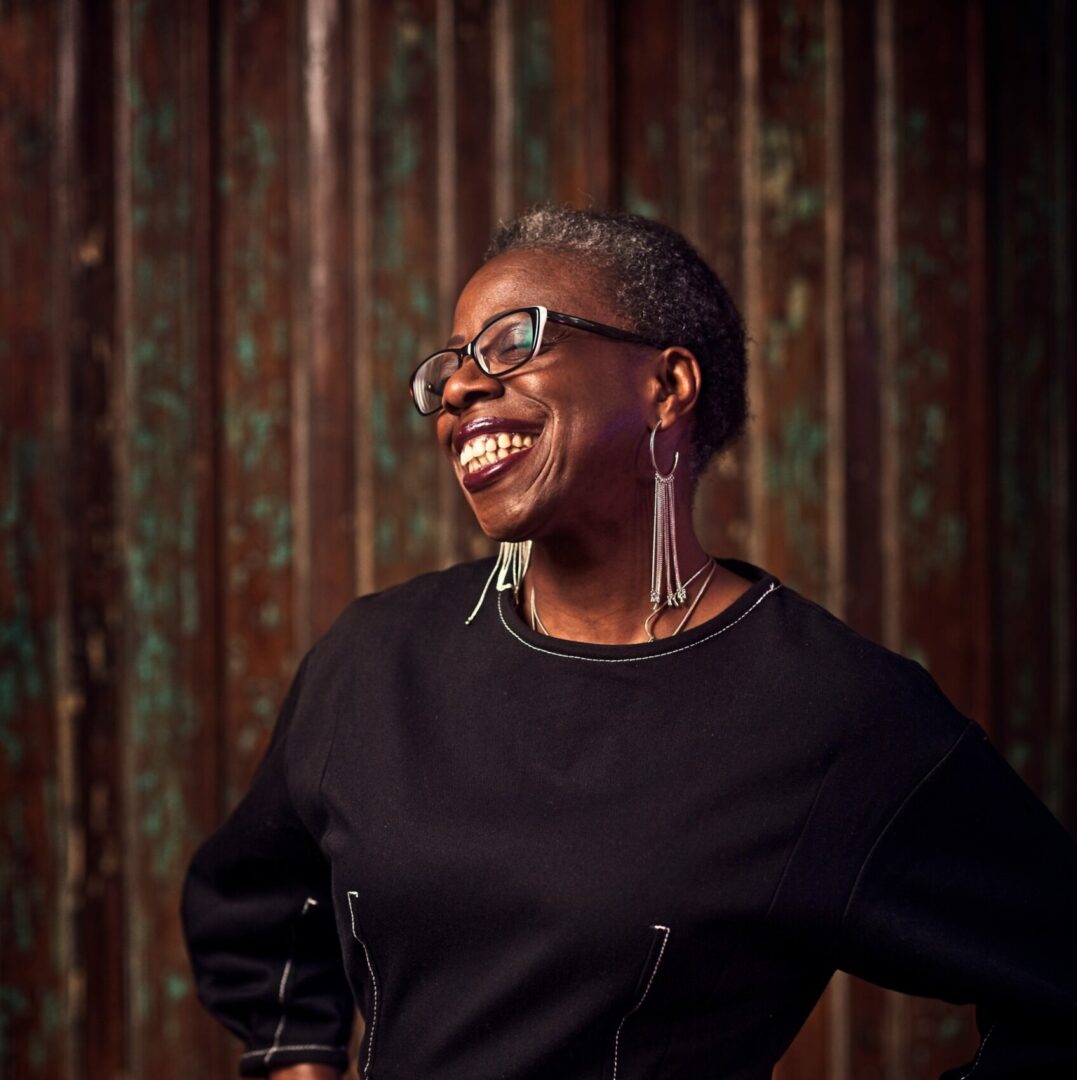
C’est quoi le Groove ? Comment on inviteles différentes Grooves dans notre corps ? Comment les ressentir et les traduire en mouvement ?
Dans ce cours Dominique Lesdema travaillera autour de ce concept tellement difficile à saisir mais souvent facile à reconnaître.
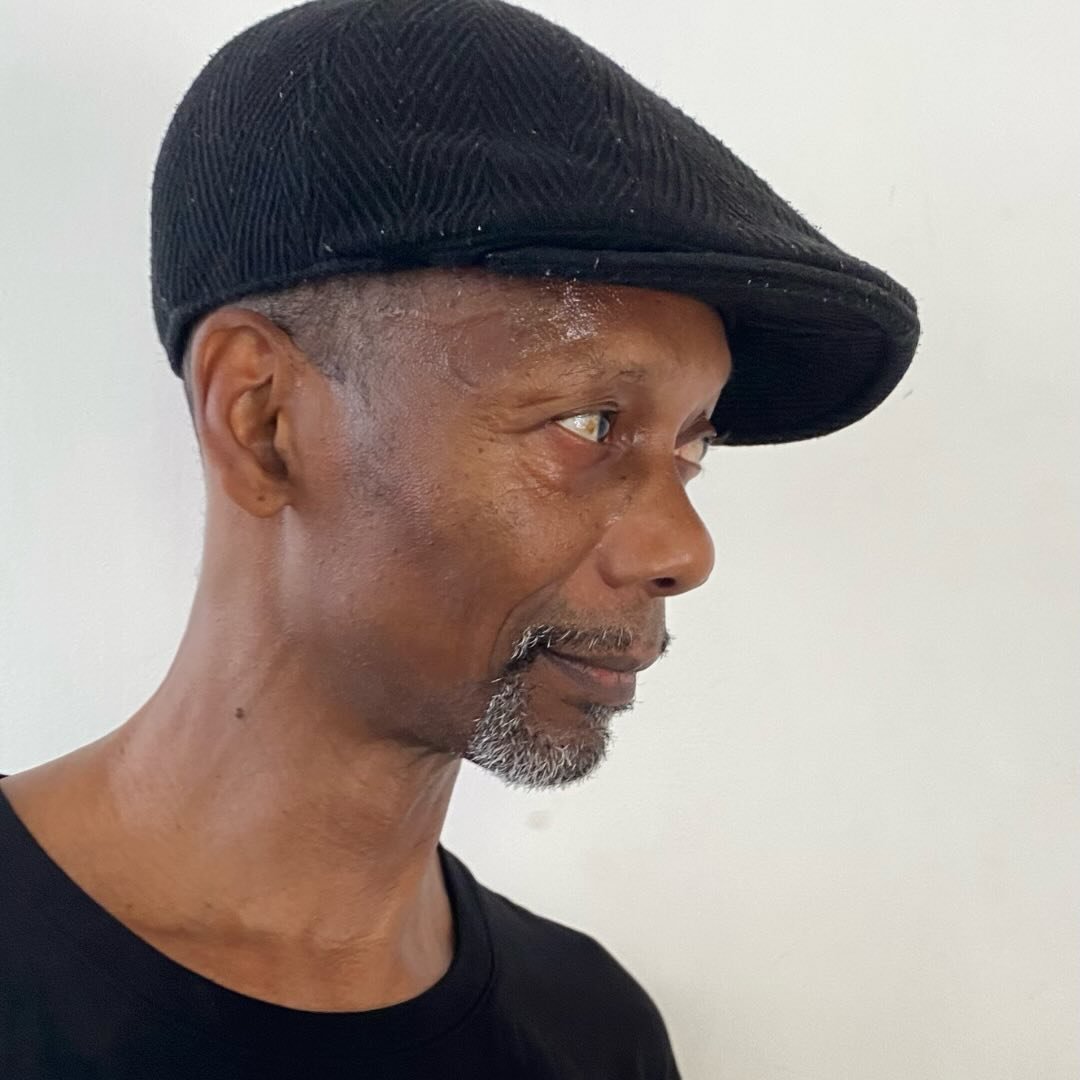
The love affair between Jazz and Latin rhythms goes back a long way. Jazzoparc is proof of this, devoting one evening to Jazz, the other to Latin rhythms.
Accompanied by percussionist Julien Garin, Madeline Rodríguez will invite us to dive into traditional Afro-Cuban dances, showing us how each rhythm translates into movement.

This fondamental class doesn't need any explanation: our godmother will share with us her vision of Jazz.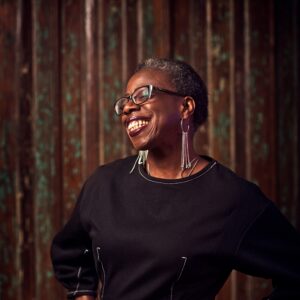
C’est quoi le Groove ? Comment on invite les différentes Grooves dans notre corps ? Comment les ressentir et les traduire en mouvement ? Dans ce cours Dominique Lesdema travaillera autour de ce concept tellement difficile à saisir mais souvent facile à reconnaître.

The love affair between Jazz and Latin rhythms goes back a long way. Jazzoparc is proof of this, devoting one evening to Jazz, the other to Latin rhythms.
Accompagnée par le percussionniste Julien Garin aux percussions, Madeline Rodriguez nous invitera à plonger dans les danses traditionnels afro-cubaines, en nous montrant comment chaque rythme se traduit en mouvement.

Whatever your group during the three fundamental classes, it will be up to you to choose how to complete your schedule, with five classes to choose from, according to your preferences in terms of dance and the challenge you are looking for.
Also known as Vernacular Jazz or Authentic Jazz, this individual dance brings together all the dances and styles that accompanied the creation and development of jazz music: Charleston, Soft Shoe, Shake Dance, Class Acts... The rhythm, the close link with music, individual expression as well as improvisation are its pillars. Solo Jazz is also the grandmother of most modern street dances (pop, lock, hip hop, house, lite feet, etc.).
Flow : vernacular Jazz class for less experienced dancers but also for those who want to go far without rushing.
Challenge : in this class everything is possible. This class is recommended for those with a strong experience in Vernacular Jazz or other urban dances and who are not afraid of being challenged by their own limits.
Son is a danceable Cuban musical genre that achieved international projection starting in the 1930s.
Cuban son is one of the most influential genres in Latin American music; its derivatives and fusions, particularly salsa and mambo, have spread widely throughout the world.
All Feet workshop: whatever is your background in dance, you can benefit of this workshop.
A swinging mix of fast tap steps, acrobatics and the jazzy style of the 20s and 30s. It all starts with listening to music and interpreting it. The Jazz rock dancers feed on legendary artists like James Brown or the Nicholas Brothers and they add their own style.
Flow : no experience required other than a good sense of rhythm.
Challenge : no experience in Jazz Rock necessary, but you must be an experienced dancer and be ready to give it all.
Soft Shoe is the name given to the practice of Tap Dance without tap shoes. This course is intended for tap dancers wanting to train with this master of Tap as well as practitioners of any other dance wanting to integrate elements of Tap into their dance.
Flow : no experience required other than a good sense of rhythm.
Challenge : you are comfortable with the basic Tap steps (flaps, shuffle, a few time-steps), and you are ready to hang on to the fast pace of the class, even if it means going home with a lot of homework for next year.
Born in Harlem at the end of the 1920s, Lindy Hop is a couple dance from the African American community that accompanied the development of the big bands of the golden age of swing. It gives primary importance to pulsation and rhythm, but also to improvisation and personal expression, while taking care of the partnership.
Flow : A Lindy Hop class with a rather relaxed rhythm, but still requiring at least one year of regular practice of this dance.
Challenge : This Lindy Hop class is intended for those ready to be challenged in terms of rhythm, movement or partner dance technique. It is strongly recommended to have at least 3 years of regular Lindy Hop practice.
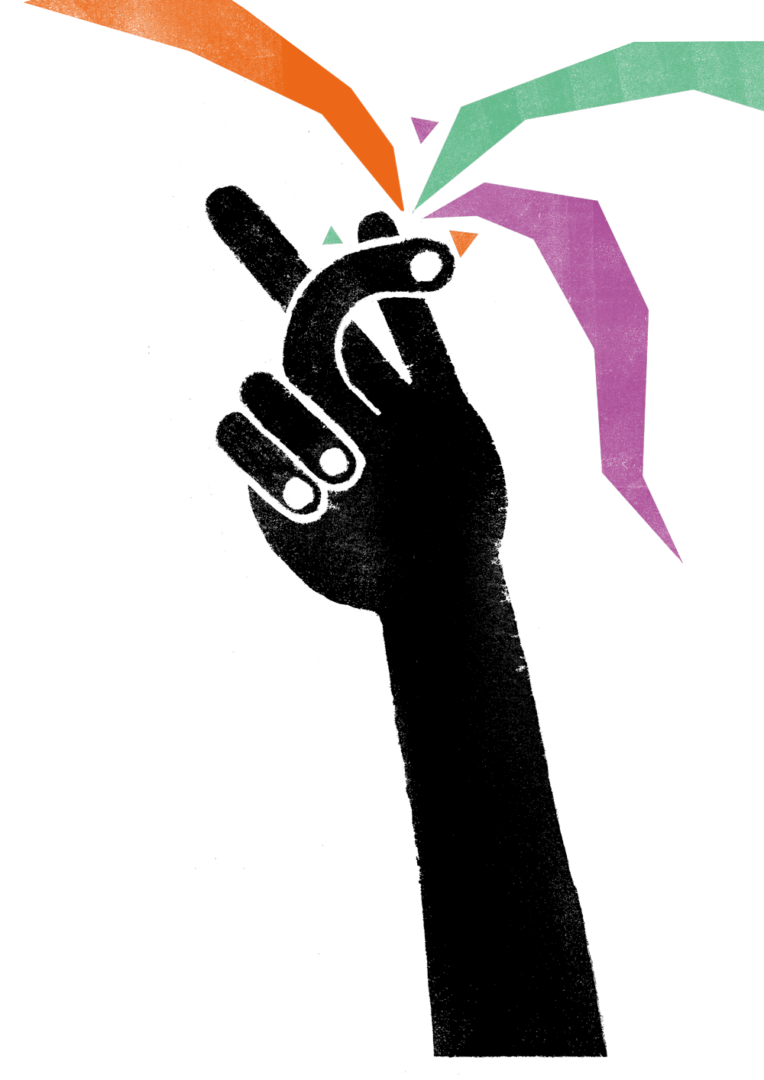
Aussi connu comme Vernacular Jazz ou Authentic Jazz, cette danse individuelle réunit toutes les danses et styles qui ont accompagné la création et le développement de la musique jazz : le Charleston, le Soft Shoe, le Shake Danse, les Class Acts… Le rythme, le lien étroit avec la musique, l’expression individuelle ainsi que l’improvisation en sont ses piliers. Le Solo Jazz est aussi la grand-mère de toutes les street danses modernes (pop, lock, hip hop, house, lite feet…).
Flow : vernacular Jazz class for less experienced dancers but also for those who want to go far without rushing.
Challenge : in this class everything is possible. This class is recommended for those with a strong experience in Vernacular Jazz or other urban dances and who are not afraid of being challenged by their own limits.
A swinging mix of fast tap steps, acrobatics and the jazzy style of the 20s and 30s. It all starts with listening to music and interpreting it. The Jazz rock dancers feed on legendary artists like James Brown or the Nicholas Brothers and they add their own style.
Flow : no experience required other than a good sense of rhythm.
Challenge : no experience in Jazz Rock necessary, but you must be an experienced dancer and be ready to give it all.
Née à Harlem à la fin des années 1920, le Lindy Hop est une danse de couple de la communauté africaine américaine qui a accompagné le développement des big bands de l’âge d’or du swing. Elle donne une importance primordial à la pulsation et au rythme, mais aussi à l’improvisation et à l’expression personnelle, tout en prenant soin du partenariat.
Flow : A Lindy Hop class with a rather relaxed rhythm, but still requiring at least one year of regular practice of this dance.at least one year of regular practice of this dance.
Challenge : ce cours de Lindy Hop est destiné à celleux prêts à être challengés sur le plan du rythme, du mouvement ou de la technique de la danse en couple. Il est fortement conseillé d’avoir au moins 3 ans de pratique régulière du Lindy Hop.
Son is a danceable Cuban musical genre that achieved international projection starting in the 1930s.
Cuban son is one of the most influential genres in Latin American music; its derivatives and fusions, particularly salsa and mambo, have spread widely throughout the world.
All Feet workshop: whatever is your background in dance, you can benefit of this workshop.
Soft Shoe is the name given to the practice of Tap Dance without tap shoes. This course is intended for tap dancers wanting to train with this master of Tap as well as practitioners of any other dance wanting to integrate elements of Tap into their dance.
Flow : no experience required other than a good sense of rhythm.
Challenge : you are comfortable with the basic Tap steps (flaps, shuffle, a few time-steps), and you are ready to hang on to the fast pace of the class, even if it means going home with a lot of homework for next year.
This year, we are offering a performance track under the direction of Leela Petronio with the collaboration of Remy KouaDJo, intended for the most experienced dancers.
This is a three-day artistic creation residency combining several choreographic disciplines, at the end of which the participants will present a ten-minute show on Saturday at Parc des Cordeliers, in front of the audience of Jazzoparc festival.
Participants will be asked to attach a video showing their technical, rhythmic (body percussion, tap dance, percussion on object) and movement skills (all dance styles are welcome).
Participants to performance track will also be able to take part in Sunday classes, the talk and the crossover workshop.
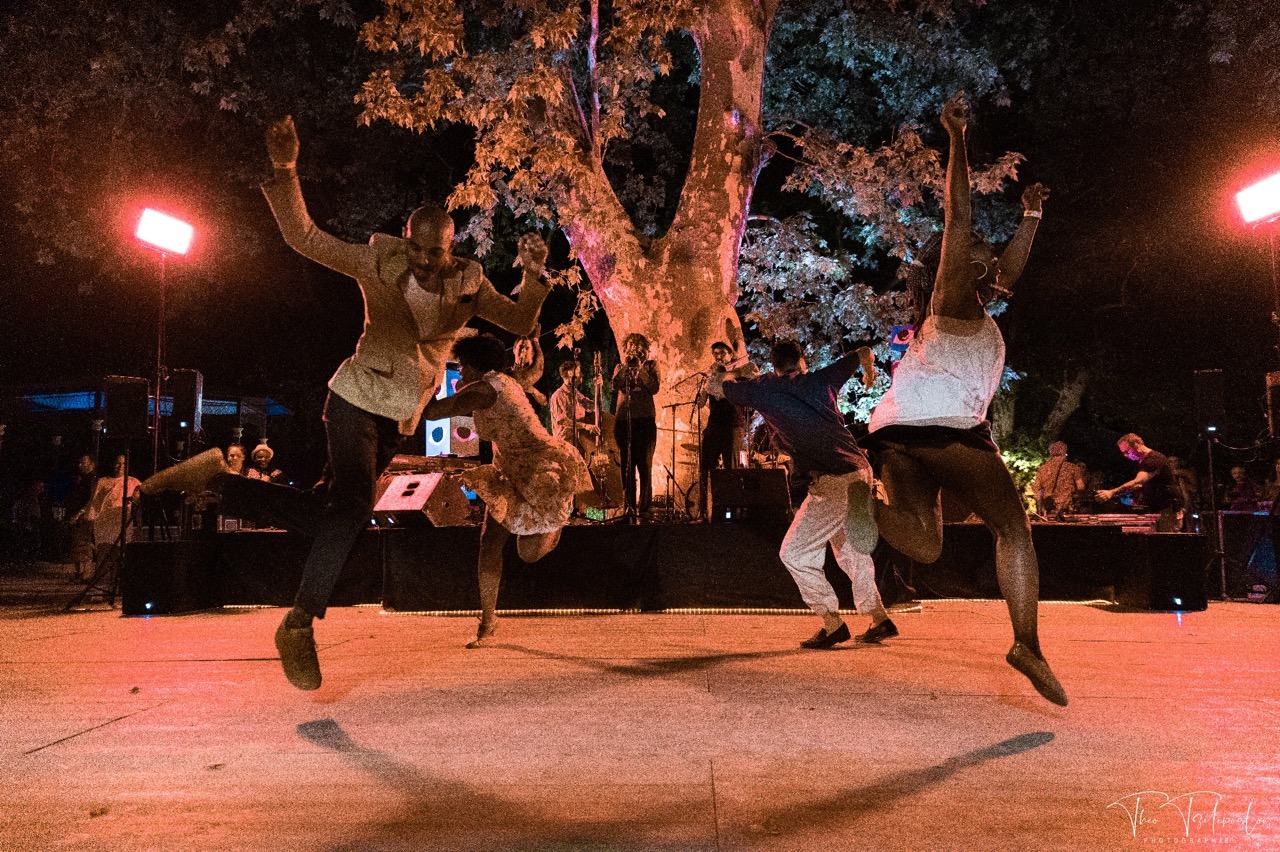
The crossover workshop is a meeting where some of our artists from different disciplines come together to explore the bridges between their respective dances.
It can take the form of a moment of exchange, a dance space, a time of discussion, a video projection – or a mixture of all of these.
The theme will be proposed by the artists themselves, and will be announced during the festival.
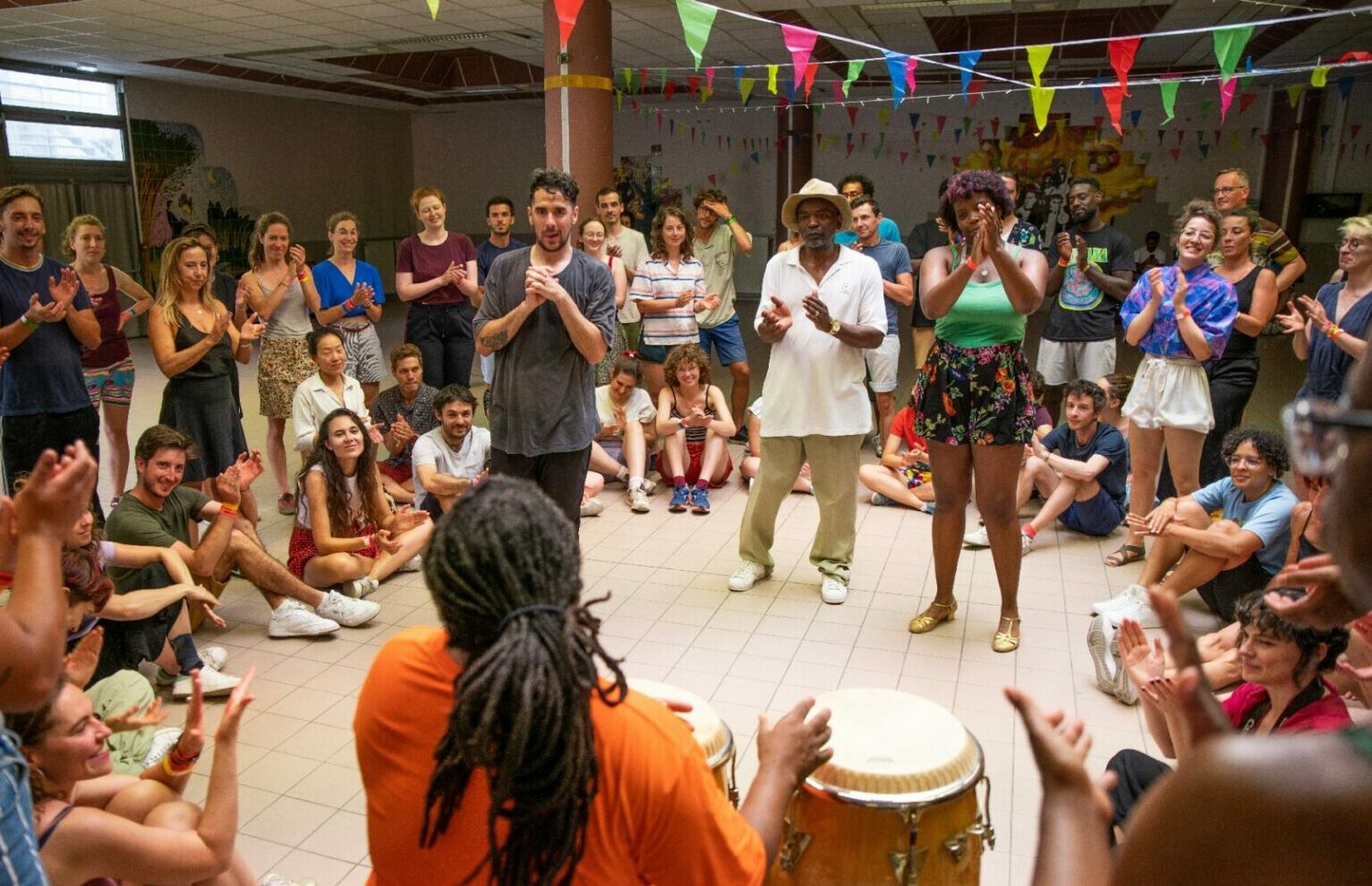
The statement of Anduze Jazz Dance Camp is to think jazz broadly, and take dance out of the ballroom.
Social dancing, whether solo, couple, or jam, takes place in “real life” spaces, in the streets, bars, at the Anduze park.
All this would be impossible without the program offered by the Jazzoparc festival, where jazz groups, Latin groups and DJs meet.
From Thursday morning to Sunday evening you will have the opportunity to dance in different corners of the city during the day and early evening (including a New Orleans parade that crosses the city to open the festival), then in the evening during the festival concerts or after-parties, on the parquet floor laid expressly in the park.

Avec le soutien de
